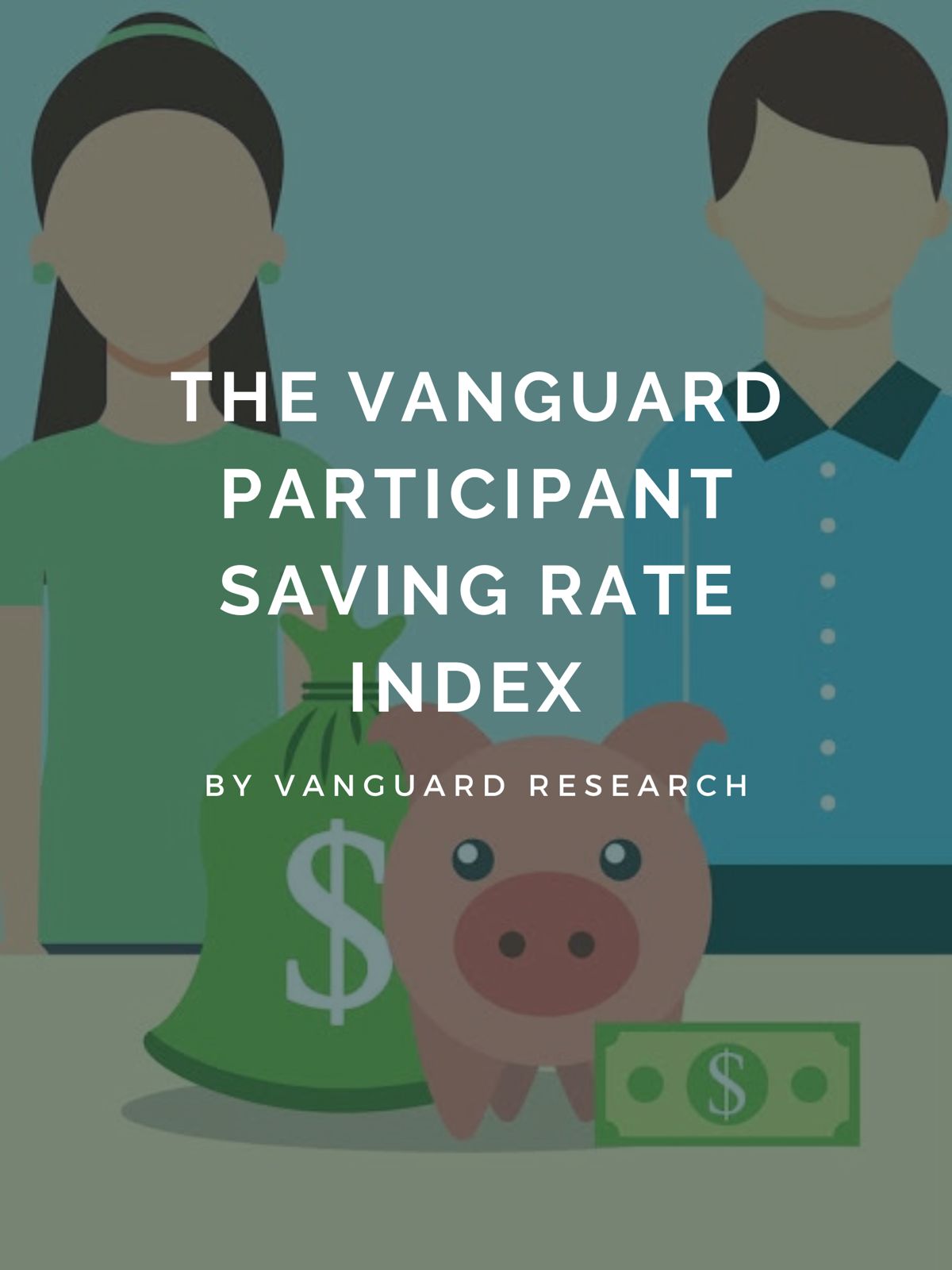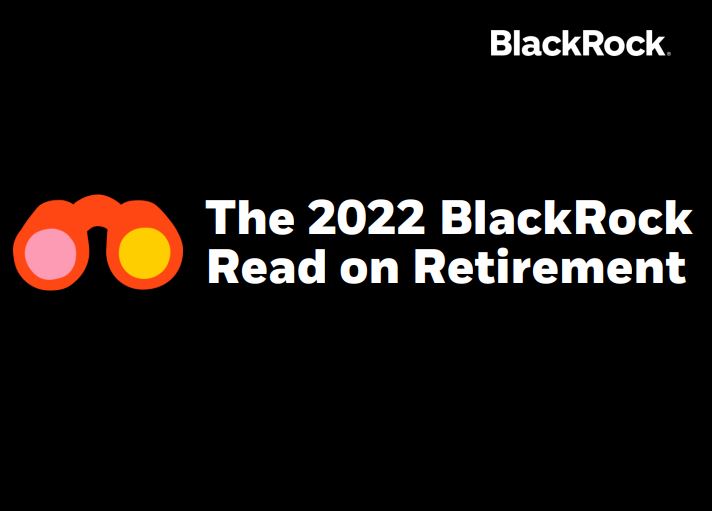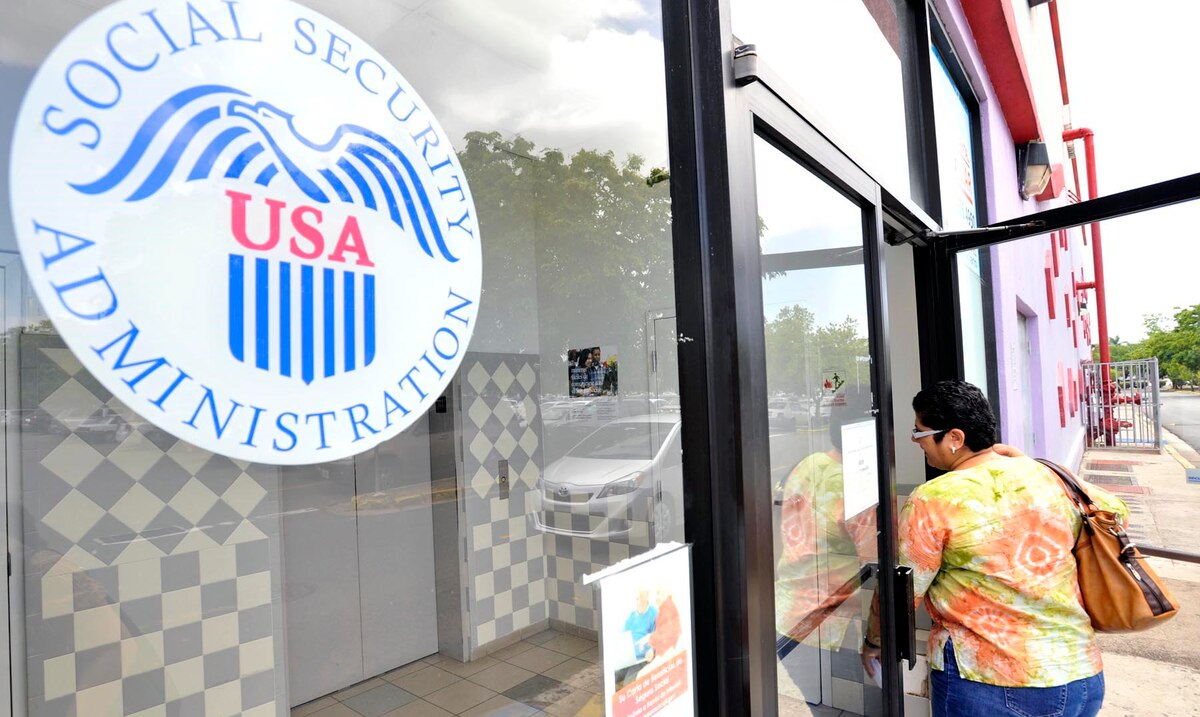Ghana: Pension Scheme Provides More Reward – SSNIT DG
The Director General of the Social Security and National Insurance Trust (SSNIT), Dr John Ofori-Tenkorang, has argued that the pension scheme provided more reward to clients than they invest during their days of active service. He lauded the scheme as generous and said although workers contributed 11 per cent of their basic salary, the SSNIT scheme guaranteed members up to 60 percent of the average of their best three years' salaries and paid them monthly pensions till they were no...










